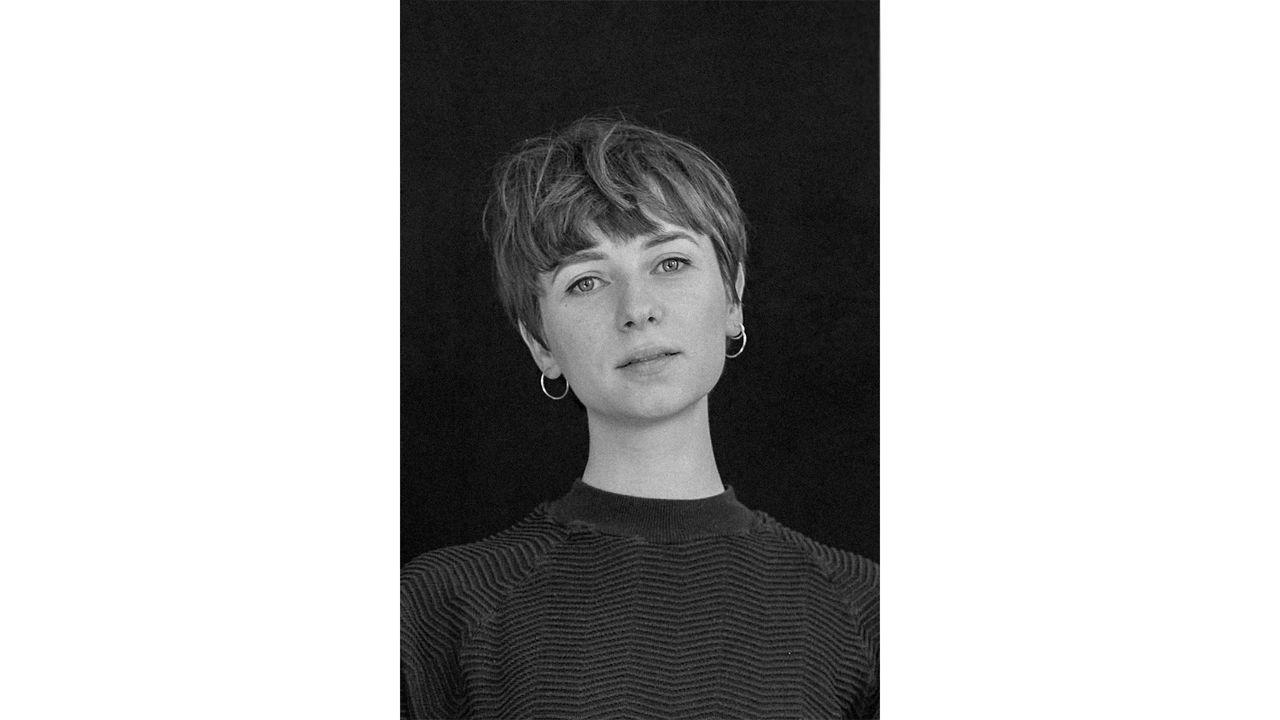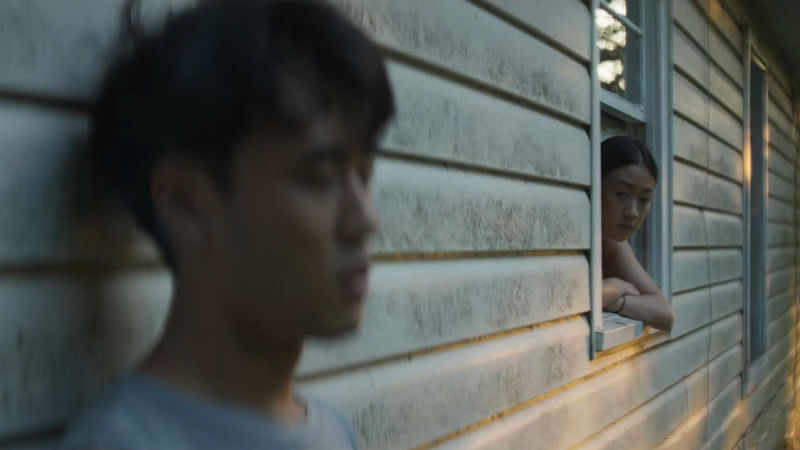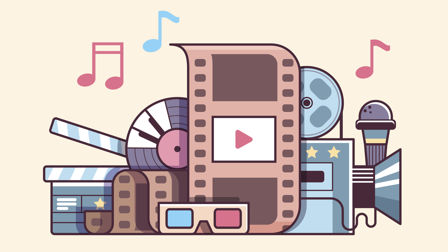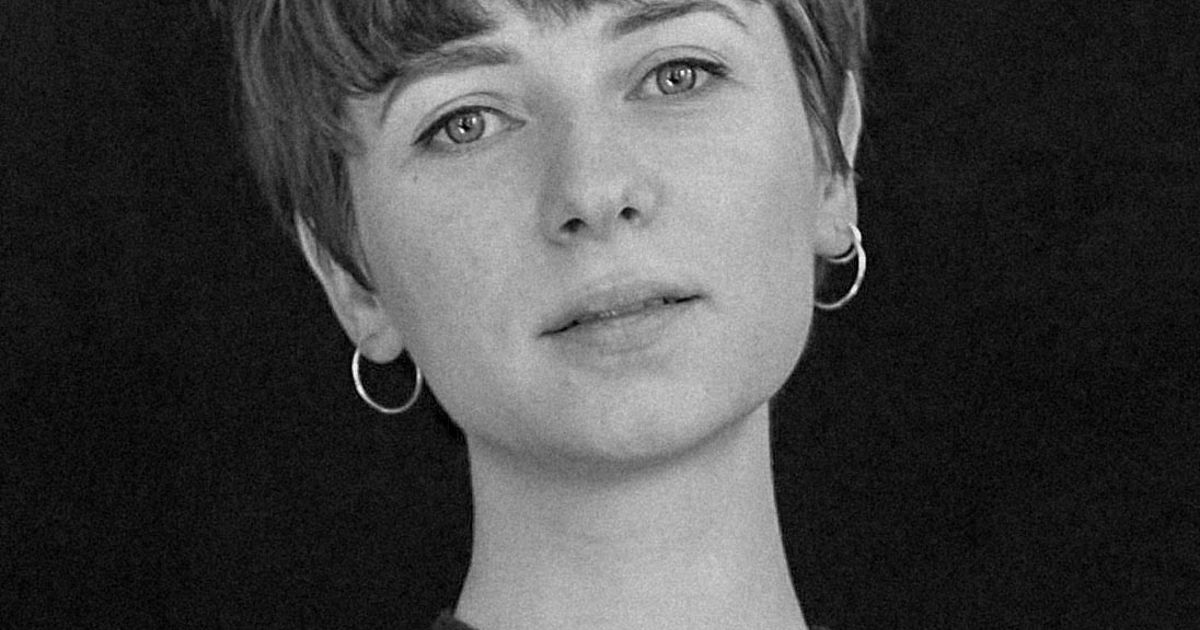YDA winner Linda-Schiwa Klinkhammer on patriarchy and perspective
Director Linda-Schiwa Klinkhammer picked up a Gold in the YDA Dreampitch: Changing the World Frame by Frame category with her pitch for I Think I Hate My Father. Here, she chats to Izzy Ashton about creating multidimensional characters, exploring family dynamics, and examining cultural differences.
Did you always know you wanted to be a director? What do you enjoy about directing?
As a kid, I was dead set on becoming one of Charlie's Angels, fighting crime in style! But then I ended up falling for filmmaking instead. Growing up in a small village, my dreams of becoming a filmmaker felt about as far-fetched as me joining the team of Charlie's Angels. So, I studied journalism. Eventually, I found my way into documentary filmmaking and, ultimately, ended up in fictional storytelling.
What I enjoy the most about directing is collaborating and vibing with other artists. I love that, as a director, you get to learn so much about the creative process from cinematographers, editors, musicians, set designers and many more. Spending time with them feels truly inspiring to me.
Besides exploring cultural differences, the film aims to ask the universal question: How much do I owe my parents, and what do they owe me?
Who are you inspired by? Another director, artist or someone in your everyday life?
I can get very thrilled about other people's work that I like. Sometimes, people tell me to use fewer superlatives when I talk about other artists, or just people who inspire me in general. But that's just how I feel. I think my mom has also been a huge inspiration. She touches an emotional side in me that often makes me want to write about it.
Where did the idea for [your film pitch] I Think I Hate My Father come from?
The idea came from current events that happened within my family. My mother left Iran in 1979 as a teenager during the Islamic Revolution, and she never returned – until 2021. For the last 15 months, she has been trying to help her troubled father in Tehran from losing everything to his second wife in the wake of their divorce.
I believe the roles we hold within our native family never really change in some way. To me, the film is like a coming-of-age story in adulthood.
This has been a very intense phase for my mom and my family. Besides the very intimate insights I got to have from my mother, my auntie, grandfather, and everyone else involved in that process, I also found a lot of universal questions and themes that altered that personal story of ours. That ultimately made me want to explore the story further by fictionalising it in a screenplay.
Why did you want to make a film about adult children returning back to their father’s home?
Just like my mom, our main character suffers from her patriarchal father and his "rulebook" that decides what's valued within the family or not, even though she is a grown-up woman. I believe the roles we hold within our native family never really change in some way. To me, the film is like a coming-of-age story in adulthood. Despite her difficulties with her father, my main character feels obliged to take care of him as he grows more and more senile.
I want to talk about the problems that come up for a generation of migrant or post-migrant Europeans when their parents abroad become dependent or pass away. What happens when those emigrants return to their home country and suddenly feel alienated from their culture?
Besides exploring cultural differences, the film aims to ask the universal question: How much do I owe my parents, and what do they owe me?
Did the idea for this film help you understand your own family history?
I grew up in a German-Iranian family and have always been intrigued by the different dynamics on both sides. I remember roaring family celebrations as well as bitter quarrels.
During a screenplay class, the writer Robin Swicord told us: "Characters always create their own drama, just because they are who they are.” Maybe that’s one of the reasons why I always end up writing stories that are closely linked to the people surrounding me. I know those people and I am interested in learning more about them through writing.
It’s a story about women trying to free themselves from patriarchal structures, inside a family and inside a country. The linkage of the private and the political is one of the main premises of this project.
Studying documentary filmmaking has had a significant impact on my fictional work. So, before writing a script, I conduct a lot of interviews, among other things. I think many of the talks I had with my family while researching for my script probably wouldn't have happened otherwise. So, it did help me understand my own family history a bit better.
Could you unpack the theme of revolution which cuts through the film, as an undercurrent both within the family and Iran?
I think I hate my father tells the story of three different women: Two German-Iranian sisters fighting for emancipation and the inheritance from their father. His young fiancée, in contrast, is fighting for better financial opportunities inside a misogynistic country by marrying that very same man. It’s a story about women trying to free themselves from patriarchal structures, inside a family and inside a country. The linkage of the private and the political is one of the main premises of this project.
My personal perspective on those themes is one of a German-Iranian family. A perspective that intertwines views from the outside and the inside. Harmonising both, therefore, is a real challenge that puts those living in exile into a permanent inner split state. Accordingly, the story is not only about Iran but is also addressing misconceptions about Iran by western countries. Finally, the question arises to what extent western societies still exhibit patriarchic structures themselves.

Above: Linda-Schiwa Klinkhamer
Do you have an idea of who or how you’re going to cast for the film? Particularly for the three women at its heart.
At this early stage of development, I haven't yet decided on the casting for the main roles. However, it will undoubtedly be an interesting challenge to find skilled actresses who are both bilingual in German and Farsi and above the age of 40. To all the actresses out there who feel this opportunity is meant for them, please feel free to reach out to me!
As both a writer and director, I find myself falling in love with my characters, whether they are the heroines or villains.
What do you feel you’ve learned from developing this film? Is this a subject matter that you’d like to explore in the future?
I am still learning a lot about my characters and the story as we are currently crafting the story. As both a writer and director, I find myself falling in love with my characters, whether they are the heroines or villains. When writing, I put myself in their shoes to see the world through their eyes. I ended up using this shifting of perspectives as our major plot twist in the script.
The film raises the question what feminism and freedom actually mean. These are universal complex topics that I think I'll always keep learning about and exploring in my life.
In the beginning the young money-hungry fiancée seems to be the perfect antagonist. But, eventually, the perspective changes, revealing that she is just playing by the rules of a broken system. At the same time, the westernised sisters find themselves suffering from their father’s regiment that, somewhat paradoxically, they are trying to preserve.
In Germany, they are living a life as housewives, which is not so different, from that of their father’s fiancée who they nevertheless condemn.
The film raises the question what feminism and freedom actually mean. These are universal complex topics that I think I'll always keep learning about and exploring in my life.
Congratulations for your YDA win. What does it mean to you to pick up this award?
I am immensely grateful for this award. I hope it will open up opportunities to bring this story to life, especially with the mentorship provided by the Ridley Scott Association. It also gives me the confidence to persevere through the challenging, intense, and lengthy process of making a feature-length film. When things get tough, I can look at that award and reassure myself that people already believed in the film from a very early stage.
When things get tough, I can look at that award and reassure myself that people already believed in the film from a very early stage.
What’re you working on at the moment? And what’s coming next?
Currently, my main focus is working on the script of "I think I hate my father". We are actively seeking the right partners to help elevate this film on the international market. When there's some spare time, I also work in advertising, directing films and campaigns.
)




 + membership
+ membership








